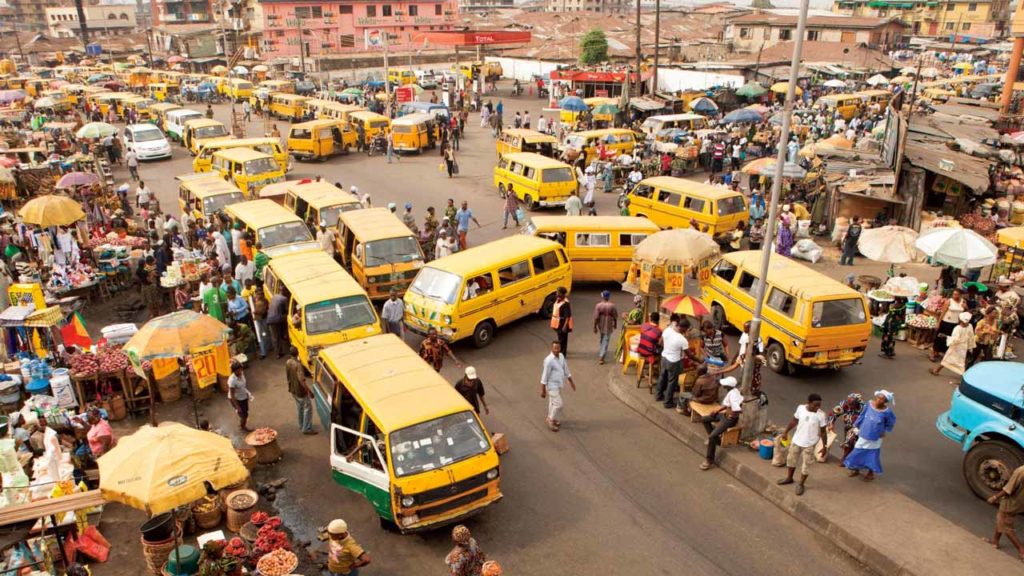The National Bureau of Statistics on Tuesday said the Consumer Price Index, which measures inflation, dropped from 11.08 per cent in July to 11.02 per cent in August.
The bureau in the report stated that inflation rate of 11.02 per cent for August represented a decrease of 0.06 percentage point year-on-year.
The NBS said the drop in inflation rate continued in August despite several pronouncements regarding restrictions on the import of some food items, minimum wage and the recent border closures.
With respect to impact of border closure on consumer prices, the bureau stated that the country may not see the significant effect on inflation now as the closure was only captured for 11 days during the 31 days reference period in August.
The report reads in part, “It is important to note that the border was closed on August 20 with only 11 days of 31 days for any significant impact to be felt either way on prices.
“The inflation rate is also the average prices for the whole month and not only the price of goods and services in the last few days of the month.
“Furthermore, the harvest season and existing weak consumer demand and their natural effect to slow down food and other prices will also play a major role in determining the direction of inflation.”
The report stated that the urban inflation rate increased by 11.48 per cent year-on-year in August from 11.43 per cent recorded in July, while the rural inflation rate increased by 10.61 per cent in August from 10.64 per cent in July.
On food index, the report stated this rose by 13.17 per cent in August compared to 13.39 per cent in July.
It attributed the rise in the food index to increases in prices of oils and fats, meat, bread and cereals, potatoes, yam and other tubers and fish.
In terms of states, the report stated that inflation was highest in Kebbi (14.97 per cent), Kano (13.24 per cent) and Bauchi (13 per cent).
Cross River (8.97 per cent), Delta (8.63 per cent) and Kwara (8.32 per cent) recorded the slowest rise in headline year-on-year inflation.
On month on month basis, however, it said inflation was highest in Ebonyi (1.59 per cent), Bayelsa (1.59 per cent) and Ogun (1.52 per cent).
Niger (0.29 per cent), Kwara (0.28 per cent) recorded the slowest rise with Kogi recording price deflation which is general decrease in the general price level of goods and services or a negative inflation rate.
Copyright Ships & Ports Ltd. Permission to use quotations from this article is granted subject to appropriate credit given to www.shipsandports.com.ng as the source.
